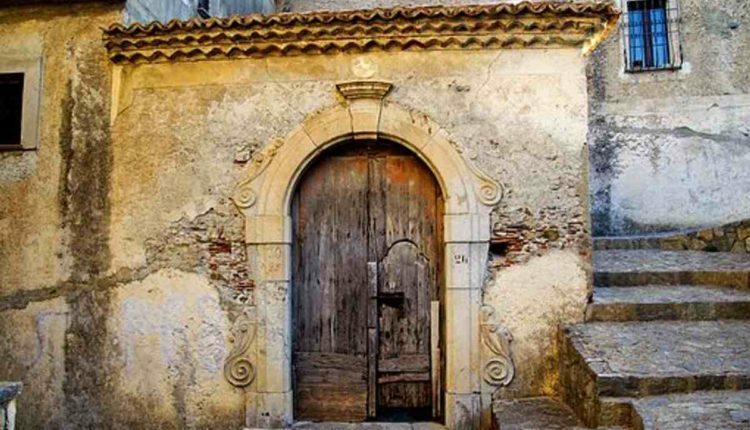Fire safety identifies precautions that are taken to stop or reduce the likelihood of a fireplace that may result in death, damage, or property damage. In addition, it refers to the ability to alert those in a building in the event of a fireplace, better enable those in danger by fire to survive, as well as to reduce the damage caused by a flame. Safety measures include those that are usually planned during the construction of your building, those added to present buildings, and those that are coached by the occupants. To find about automatic door operating system, click here.
One such open fire safety measure is the installation of fire doors. This includes doorstep closers, which are mainly used with commercial and public houses but may also be used around the household where circumstances make all their use desirable. They have several uses and applications several ones being to keep a new door closed to control the spread of fire in addition to draught throughout a building. There are several types of door closer readily available ranging from the simplest gate sprout to the more industrial carpet springs.
An automatic door more detailed requires power to operate even though a manual door more detailed uses more physical force. There are three basic designs readily available – overhead, jamb-mounted in addition to surface mounted. Those that are usually installed on the surface or covered up are known as the cost door closers. Similarly, adding them between the door along with the doorframe can conceal often jamb-mounted closers.
Choosing a doorstep closer can involve often the consideration of a variety of conditions. In addition to the closer’s performance inside fire situations, other conditions may include resistance to opening makes as well as health, safety, toughness, risk of vandalism and looks. The electromagnetic hold wide-open door closer uses a great electromagnetic force to keep that open.
This type of closer is normally connected to the building’s fire security alarm. The huge advantage to putting in this type of device is that it triumphs over the dangerous practice of using wedges or different objects to keep a fire entrance open. Once the fire security alarm is raised, the door ends. The same principle is placed on the electromagnetic free swing but rather than keeping it open; that allows the door to move with no resistance.
In hospitals, educational institutions, and care homes, late action closers are commonly applied. This allows the door to remain wide open for a preset period just before closing at an adjustable velocity. Such a system will allow folks in wheelchairs or the aged to get through the door before the item starts to close. This is also within areas where trolleys are used.
Covered-up fitting closers are trusted for the entrance doors of economic buildings serving both an operating role as well as maintaining often the aesthetic appearance of the doorstep. There are also those available which might be concealed on the top of the doorstep. Although this is a great way connected with ‘hiding’ the closer, a substantial part of the door must be lower away to house the body this also will reduce the fire condition of the door.
It is always best if you check with a fire-safety therapist that this type of door management is suitable. There is also a type of more detail that will fit on the side of the threshold with the mechanism contained in the door.
A back check-out action provides resistance to the door closer to prevent the entrance leaf from being placed open. This prevents destruction of the door, doorframe and doorstep handle caused by people quitting or throwing the door available and also by the door staying violently blown open by the wind. The angle in addition to the resistance of the back look can be varied according to the needs you have. These are closers are used in busy hallways of educational facilities, hospitals, and public superstructures.
For disabled, weak as well as elderly people, calm action doorstep closer is required to enable these phones to move the door with cheaper force. These are used in educational facilities and other public buildings just where DDA or the Disability Splendour Act is considered.
Read also: What Makes Your Telephone Work?


